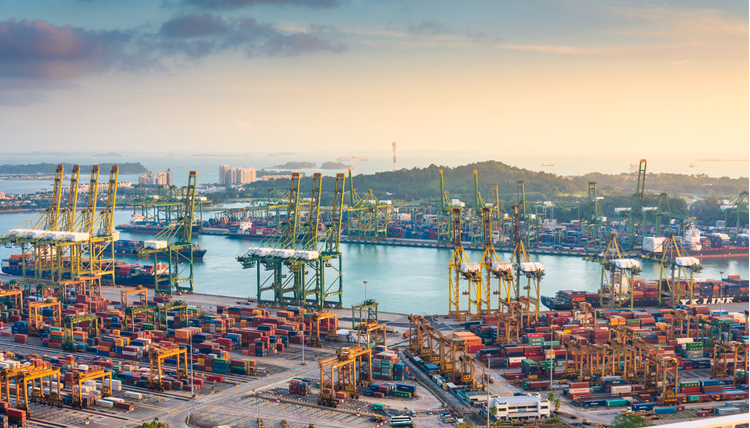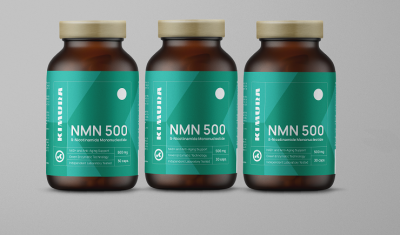Higher costs, longer delays: Nutra firms ramping up inventory to steady supply chains amid COVID-19 logistics woes

Just last month, China’s Ningbo-Zhoushan port – also the world’s third busiest cargo port, was forced to close a terminal for two weeks after a worker was tested positive for COVID-19.
Earlier in May, the Yantian port in China was also shut down for a month due to a COVID-19 outbreak.
A myriad of other factors is also causing shipping delays, including increased in cargo demand, a lack of usable empty containers, and the shipping lines’ vessel sailing schedule reliability dropping to a 10-year historical low, according to PSA Singapore – which is the world’s busiest trans-shipment hub.
In response, some companies have attempted to keep their supply chain stable by increasing their inventory.
Speaking to NutraIngredients-Asia, three nutraceutical companies headquartered in China, South Korea, and Hong Kong talked about how they have adapted to the changing circumstances.
Hong Kong-based Gencor which supplies ingredients such as palmitoylethanolamide (PEA) trademarked Levagen+ for sports recovery nutraceuticals, caralluma fimbriata extract trademarked Slimaluma for weight management, said it has been increasing its inventory at each stage of the supply chain.
“We have ordered more raw materials in advance, produced more products, and kept more inventory than needed. We have increased our inventory everywhere down the supply chain.
“This will also mean a challenge in terms of cash flow management, as well as inventory management, which we have planned for and invested in,” CEO R. V. Venkatesh said.
He added that shipping fees had more than doubled for the company in the past year.
However, the company has absorbed the increase by transferring the budget for business travels and trade shows which were not spent into supply chain management.
“We have absorbed all the increases in freight cost, and we have not raised the prices for the customers because we know that it’s a difficult time for the customers,” Venkatesh said.
Guangdong-based contract manufacturer Sirio Pharma, which also operates in Europe and America, said that lead time of delivery to the US has been extended.
“The lead time of delivery to the west coast of US has increased from three weeks to between five and six weeks or even longer now…Container shortage is also becoming another global issue,” Wilson Wu, supply chain director said.
Similarly, the company has been building more inventory to tackle the issue.
“We have built more inventory for our customers, advanced our production and booked the shipping line earlier.
“We also provide storage service at US in order to shorten the lead time for our customers so that they can order based on their needs and receive the goods in a few days,” Wu said.
South Korea-based ODM/OEM firm COSMAX told us that it has been updating its supply chain progress more frequently.
“We update the procurement status and practical lead time on a bi-weekly basis to minimise supply and demand conflict based on rolling forecasts from customers.
“For some customers, we provide the Collaborative Planning Forecasting & Replenishment (CPFR) program to maintain optimal supply management,” said Bongkee Shin, integrated procurement director at COSMAT NBT and COSMAX BTI.
Shipping rates higher than last year
On the other hand, shipping rates have continued to climb year on year, and is now about 10 times higher than pre-pandemic times, based on the observations of Sirio Pharma.
“The shipping cost now is about three to four times higher than a year ago and 10 times higher than pre-pandemic period,” Wu said.
The pandemic has also made it more difficult to secure freight forwarding service based on fixed annual rates, said COSMAX.
Last year, the company was able to reduce sea freight cost of shipping its products to China – its biggest export market – by about 13 per cent as compared to 2019 due to the fixed annual contract.
Without the contract, its shipping rates this year have increased by more than six per cent, compared to pre-pandemic times.
“With the annual contract, we have reduced approximately 13 per cent of sea freight cost for export to China in 2020 as compared to 2019.
“However, due to the COVID-19, it is not possible to sign a fixed annual fare contract in 2021, and so the fare has increased,” said Shin.


















